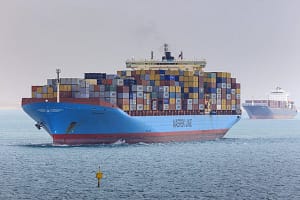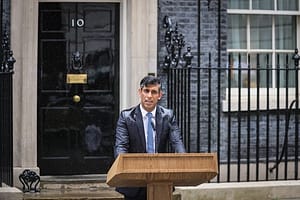New research from SME funder, Bibby Financial Services, reveals an increasingly tough environment for small businesses trading overseas in post-Brexit Britain.
A clear majority (58%) cite the collective impact of high tariffs, and customs and trade barriers as the key challenge they face.
This is compounded by additional adverse factors, including, the cost of doing business overseas (49%).
Currency fluctuations (41%) and political instability in target markets (15%), furthermore, almost half (47%) of UK SMEs claim to have lost out due to currency fluctuations over the last year.
And over a third of SMEs (39% of importers and 37% of exporters) want the next UK government to prioritise negotiating favourable trade agreements to help improve international trading conditions.
Michael McGowan, Managing Director, Bibby Foreign Exchange, said, “From the war in Ukraine to the more recent conflict in the Middle East, it’s clear that global instability is driving significant currency fluctuations which is itself presenting a major challenge for the UK’s SMEs.
“It’s all the more meaningful then, that SMEs rank tariffs, customs and trade barriers as their number one challenge related to overseas trade. Clearly, SMEs feel hamstrung by the combination of trade barriers and currency fluctuations.
“They’re justifiably dissatisfied with the current status quo, and we wholeheartedly support their calls to government to prioritise meaningful measures that will smooth and improve the conditions for international trade. At the same time, we urge SMEs to focus on what they can control and ensure they are appropriately prepared to insulate themselves from the detrimental impacts of currency fluctuations.”






Leave a Comment